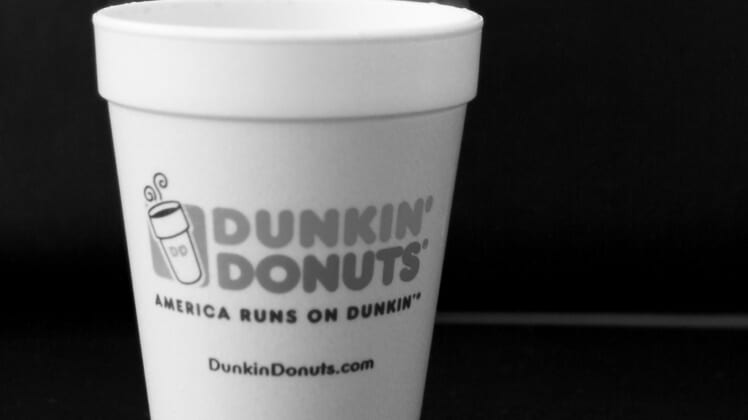
Caffeine is the most widely used psychoactive drug in the world. In recent years, it has become public enemy number one under the guise of energy drinks. And, in recent headlines, caffeine in Monster Energy drinks has been to blame for the deaths of at least five young people in the last three years.
The question is, however, is the caffeine to blame or is it the toxic cocktail of a “proprietary blend” of ingredients found in energy drinks that is killing people?
Dr. Anita Petruzzelli of BodyLogicMD of Hartford says that it depends, “Everyone metabolizes caffeine differently. People who metabolize caffeine quickly have less to worry about than those who metabolize it slowly. If you are the type of person who can drink a cup of coffee at night and then head to bed an hour later without trouble sleeping, you are likely a fast metabolizer, but for those who would be up all night, energy drinks pose a greater threat.”
According the coroner’s report, the most recent death of 14-year-old Anais Fournier was linked to “caffeine toxicity.” Caffeine overdoses are rare, at least according to the scientific literature. However, there is some speculation that deaths related to caffeine are grossly underreported – until the advent of energy drinks that is. A government report out last year showed a tenfold spike in emergency room visits related to caffeinated energy drinks between 2005 and 2009, leading many to believe it’s not just caffeine.
“These energy drinks list a ‘proprietary blend’ of ingredients, meaning you don’t really know how much of anything or what exactly is in there. It takes a lot of caffeine to overdose – something like 25 cups of coffee in a healthy adult,” states Petruzzelli.
Fournier consumed two Monster energy drinks, which contained approximately 240 milligrams of caffeine each, or the equivalent of three eight-ounce cups of strong coffee. However, Fournier was not a healthy adult – she was a 14 year-old-girl with a genetic condition known as Ehlers-Danlos syndrome – making her potentially more sensitive to caffeine.
Monster energy does mark their cans with a warning, advising against consumption for children and people who may be sensitive to caffeine. When asked his opinion on energy drinks, Dr. Kenneth Varano of BodyLogicMD of Philadelphia told CBS news, “There is danger out there. Just because it is available doesn’t mean it is good for you.” Varano’s opinion mirrors that of many fellow physicians and policy makers – four countries, Norway, Denmark, Uruguay and Iceland, have banned energy drinks from supermarket shelves.
In the U.S., energy drinks are highly unregulated – the ingredients and quality standards are not overseen by any government agency. The FDA gives the ingredients in these beverages GRAS (generally recognized as safe) status, as there have been no studies to suggest that they evoke any real harm to the general population. This status is given to several “supplements” in our food supply, such as artificial sweeteners and over-the-counter vitamins.
In many cases, it isn’t the energy drink alone that causes problems. Young people are mixing these beverages with alcohol or other substances leading to adverse reactions. In the case of Fournier, the drink and her health condition were a deadly combination, which suggests greater regulation may be necessary to keep these drinks out of the hands of young people who are not aware of the risks.
In an effort to protect your health (and your life), avoid energy beverages, shots and pills all together – it is not worth the risk. Experts, like Petruzzelli, say it is best to stick with natural ways to increase energy, like supplementing coenzyme-Q10, carnitine or D-ribose, which all occur naturally in the body and can give you a safe surge of energy. Or, why not simply try exercising regularly? Exercise has been shown to boost energy levels when performed on a routine basis. If caffeine is still your preferred choice, try natural sources that offer moderate doses, such as coffee or green tea, and limit your consumption.
